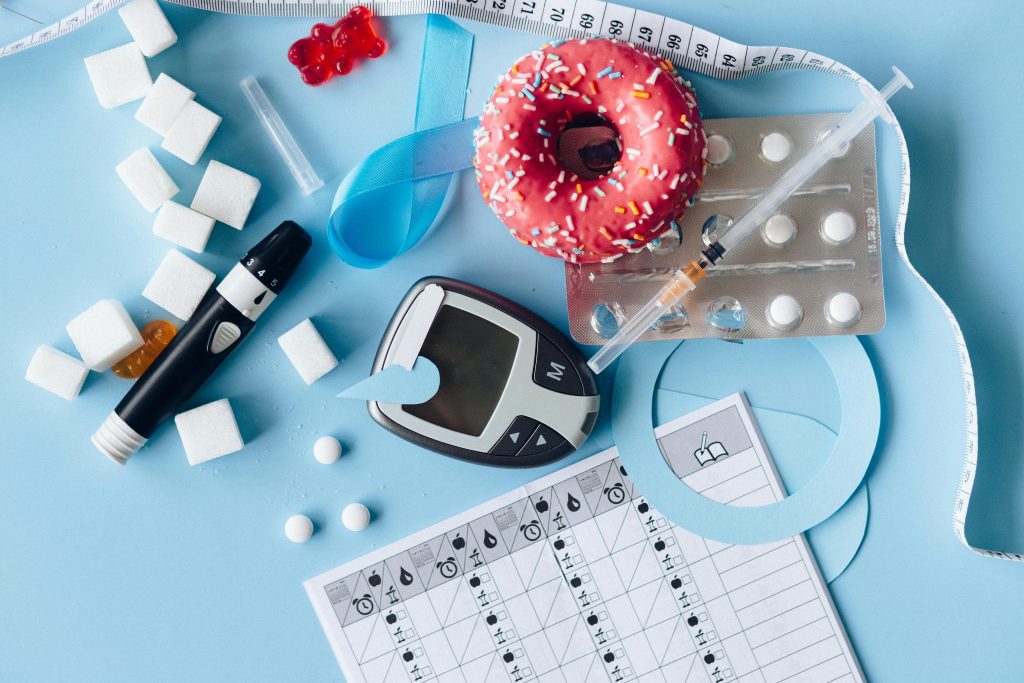Morbid Obesity Is Not Body Positivity: The Fine Line Between Acceptance and Health
The body positivity movement has been a beacon of empowerment for countless individuals, fostering self-love and challenging harmful societal norms. It encourages people to embrace their bodies, regardless of size, shape, or appearance. However, like any social movement, it’s not immune to misinterpretation or misuse. One of the most contentious debates surrounding body positivity is whether it inadvertently promotes unhealthy lifestyles, such as morbid obesity.
This post explores the delicate balance between celebrating bodies of all types and recognizing the importance of health and wellness. It seeks to address the misconception that embracing body positivity equates to endorsing dangerous health conditions.

Understanding Body Positivity: What It Is and Isn’t
At its core, body positivity is about:
- Challenging Unrealistic Standards: Fighting back against the media’s narrow portrayal of beauty.
- Self-Acceptance: Encouraging individuals to love themselves regardless of their size or appearance.
- Reducing Stigma: Combating the discrimination faced by people with non-conventional body types, including those who are overweight, disabled, or have scars or conditions affecting their appearance.
What body positivity isn’t meant to do is dismiss the significance of physical health or advocate for lifestyles that can lead to serious medical issues.

What Is Morbid Obesity?
Morbid obesity is defined as having a Body Mass Index (BMI) of 40 or higher or being 100 pounds or more over one’s ideal body weight. It’s associated with numerous health risks, including:
- Heart disease
- Diabetes
- High blood pressure
- Sleep apnea
- Joint problems
- Certain types of cancer
While BMI isn’t a perfect measure of health, morbid obesity often correlates with conditions that significantly reduce quality of life and increase the risk of premature death.

Does Body Positivity Promote Morbid Obesity?
1. Misinterpretation of the Message
Critics argue that body positivity sometimes crosses the line into endorsing unhealthy behaviors. For instance:
- Some online influencers and communities may glorify extreme obesity as something to be celebrated without acknowledging its health implications.
- The rejection of all weight-loss discussions by certain segments of the movement can alienate those who seek to improve their health.
However, this misinterpretation isn’t representative of the movement as a whole. True body positivity advocates for acceptance and dignity while encouraging people to prioritize their overall well-being.
2. Confusion Between Acceptance and Endorsement
Celebrating body diversity and respecting individuals’ choices doesn’t mean endorsing unhealthy lifestyles. Body positivity seeks to reduce shame and stigma—not to suggest that health risks associated with morbid obesity should be ignored.
3. The Fear of Fatphobia
In an effort to combat fatphobia, some advocates may avoid discussing the health risks of obesity entirely. While the intent is to protect people from harmful judgment, this can lead to an incomplete conversation about the importance of health.

The Role of Health in Body Positivity
Body positivity and health are not mutually exclusive. Here’s how the movement can embrace both:
1. Encouraging Individual Health Journeys
Every person’s health journey is unique. Body positivity can support individuals as they make choices to improve their well-being—whether that involves weight loss, mental health, or simply adopting healthier habits.
2. Emphasizing Behaviors Over Appearance
Focusing on behaviors rather than weight or appearance shifts the narrative toward sustainable health:
- Eating a balanced diet
- Engaging in regular physical activity
- Managing stress and getting adequate sleep
3. Addressing Stigma Without Ignoring Health Risks
It’s possible to combat weight-based discrimination while still discussing the potential health consequences of obesity. Respect and dignity should never come at the cost of honesty about health.

Balancing Body Positivity and Health
Promoting body positivity alongside health awareness requires a thoughtful approach:
1. Open and Nuanced Conversations
Honest discussions about obesity, its risks, and how to address it should be part of the body positivity narrative. This includes acknowledging the struggles of weight management while offering support and resources for those seeking to improve their health.
2. Educating Without Shaming
Shame is counterproductive. Instead of demonizing individuals for their weight, education should focus on the benefits of healthy choices and the tools available to achieve them.
3. Supporting People Regardless of Size
Whether someone is in the process of losing weight or is content with their current size, they deserve respect and kindness. Body positivity should champion this idea while also encouraging a dialogue about health.
4. Redefining Success
Health isn’t a number on a scale. Success can be measured in countless ways, from increased energy levels to improved mental health or adopting new habits.

The Danger of Overcorrection
In rejecting fat-shaming and harmful beauty standards, it’s possible to overcorrect and inadvertently romanticize conditions like morbid obesity. This overcorrection:
- Risks sending mixed messages about the importance of health.
- Detracts from the movement’s credibility, leading to criticism from medical professionals and the general public.
- Alienates individuals who wish to pursue weight loss or health improvements.

A Better Approach to Body Positivity
To ensure the movement remains a force for good, body positivity can:
1. Promote Health at Every Size (HAES)
HAES encourages people to adopt healthy behaviors regardless of their starting weight. It shifts the focus from appearance to actions, aligning with body positivity’s core values.
2. Acknowledge the Full Spectrum of Challenges
Body positivity should address the physical, emotional, and societal challenges faced by people of all sizes. For those living with obesity, this means providing tools and support rather than ignoring their health struggles.

3. Advocate for Access to Healthcare
Many individuals face barriers to healthcare, including weight discrimination and lack of resources. Body positivity can advocate for equitable healthcare that prioritizes well-being over weight alone.
4. Encourage Mental Health Awareness
Body image and mental health are deeply intertwined. Supporting mental health initiatives is a critical part of promoting overall wellness.

Conclusion: Acceptance and Accountability
Body positivity has done incredible work to challenge societal norms and reduce stigma. However, it must strike a careful balance between promoting self-acceptance and advocating for health. Respecting all bodies doesn’t mean ignoring the realities of conditions like morbid obesity—it means offering compassion, support, and resources to help people lead healthier, more fulfilling lives.
By focusing on education, inclusivity, and wellness, body positivity can continue to inspire change while encouraging everyone to take charge of their health in their own way. Acceptance and accountability can coexist—and when they do, the impact is truly transformative.

💬 Join the Bariradka Transformation Support group on Telegram!
Get exclusive tips, behind-the-scenes content, and chat directly with the author.
➤ Join the Community


I completely agree with your points. It’s important to promote self-acceptance and compassion for people of all sizes, and body positivity has made great strides in reducing stigma. At the same time, I think we can also acknowledge that health is a critical aspect of overall well-being, and it’s possible to embrace both self-love and healthy habits. No one should be shamed for their size, but it’s also essential to have honest conversations about the health risks associated with obesity. Supporting each person on their unique journey toward health and happiness, no matter their size, is key.